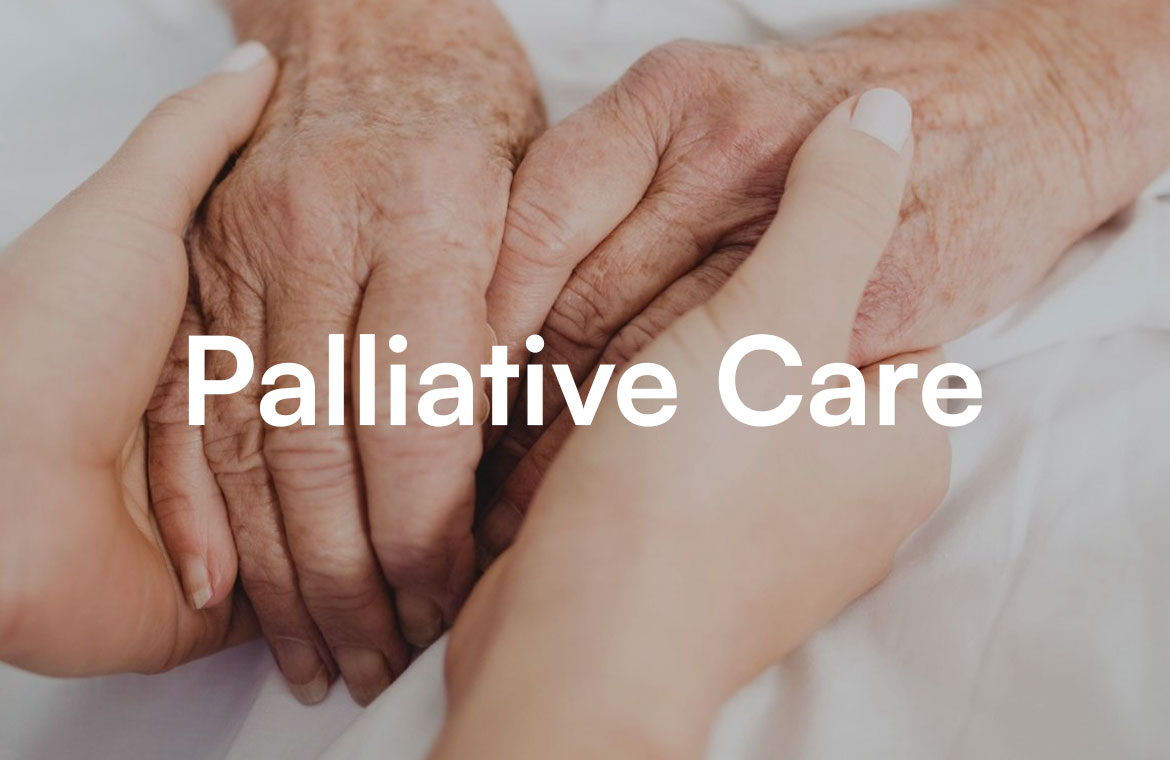There is so much buzz about Ayush that even the Ministry is there, then why not giving ayurvedic medicines to the poor people who are suffering from dreadful tuberculosis when allopathy has become useless for them?
Big, deadly experiments are done when a new drug molecule of any allopathic formulation passes clinical trials.
Time and again, patients have to sacrifice their lives by experimenting with only a few selected anti tubercular medicines on the lines of hit and trial.
Today the emphasis of the system is more on TB screening and prevention and what to do if those who have been diagnosed are also taking treatment but are not getting relief.
Why not on such a cohort of patients in whom English medicines have become ineffective, appropriate Ayurvedic treatment should be administered?
Well, this is a great question for public health & clinical experts to answer and this can become the basis for finding practical and doable answers according to this year’s WHO theme (2025): “Healthy beginnings, hopeful futures”
It is ridiculous that people carrying Indian DNA do not trust their own science.
It is better to revive the ancient successful methods available than to play with the lives of others and see a family being destroyed.
Try the ancient Ayurvedic treatments available once or twice.
If in an emergency like Covid-19, we can save ourselves from the pandemic by making a complicated vaccine just in one year instead of 10 years, then why is no definite drug treatment found for a tiny microbe of TB in these many years?
The Siddha system, which is frequently called the Tamilian’s primary medicine, is the most ancient medical system in India. The term “Siddha” originates from the word “Siddhi,” signifying achievement. Siddhars were yogis and philosophers who attained optimal health and knowledge through meditation, or tapa. Various plants (Justica beddomei, Glycyrrhiza glabra, Terminalia bellirica, etc. ) and Siddha formulations are mentioned for the treatment of Yakshama (Tuberculosis), which are claimed to have anti-TB effects.
Ayurveda: In Vedic medicine, pulmonary tuberculosis (PTB) is viewed as akin to Yakshma, which was later renamed Rajyakshma in Ayurvedic discussions. The establishment of the Patipukur TB Hospital in Kolkata in 1933 marked the start of ayurvedic treatment for tuberculosis, continuing until 1947. Rajyakshma is primarily attributed to Dhatukshaya (the emaciation or loss of tissues), which initiates the disease process in individuals, along with Dhatwagninasana (metabolic dysfunction), resulting in the depletion of rasa (tissue fluid), rakta (blood), mamsa (muscle), meda (fat), and sukra (reproductive tissue), ultimately leading to a reduction in immunity or Ojokshaya.
Rasayana, a formulation reported by Vyas and his team containing nine different herbs, was assessed for it’s supplementary benefits along side anti TB treatment. Bhringarajasava is a liquid ayurvedic preparation that includes Bhringraja (Eclipta prostrata Linn. ) together with Pippali (Piper longum Linn. ), Haritaki (Terminalia chebula Retz. ), Jatiphala (Myristica fragrance Houtt. ), Lavanga (Sygizium aromaticum Linn. ), Ela (Elatteria cardamomum), Tamalapatra (Cinnamomum tamala), Twak (Cinnamomum zeylanicum), Nagakesara (Messua ferrea), and Gudam (old cane jaggery) was examined for its effectiveness against pulmonary tuberculosis. Ashwagandha (Withania somnifera) and Chyawanprash, a multi-herbal formulation outlined in chikitsa-sthana of Charaka samhita were also explored for evaluating their supplementary effects in TB treatment. These Ayurvedic therapeutic methods demonstrated several enhancements in the patients’ health such as weight gain and improved bioavailability.
For the poor in terms of nutrition, now the monthly financial assistance under the Ni-Kshay Poshan Yojana has been raised from ₹500 to ₹1000 for all individuals suffering from TB, as announced by Shri J P Nadda. The government has sanctioned an additional ₹1040 crores for the Ni-Kshay Poshan Yojana to provide nutritional support to all TB patients. All household members of TB patients will be included in the Pradhan Mantri TB Mukt Bharat Abhiyaan and will qualify for community social support. “So far, ₹3,202 crores have been distributed to 1.13 crore beneficiaries through Direct Benefit Transfer under the Ni-Kshay Poshan Yojana.”
In the underdeveloped world, especially India, tuberculosis has been a serious public health concern. The rise in Multi Drug Resistance & Extensive DR strains of Mycobacterium. Tuberculosis necessitates the development of newer approaches to address this issue. Unfortunately, there is a very little research on the use of Ayurveda in the treatment of tuberculosis, and what little this is primarily restricted to supportive or adjunctive therapy. However the adjunct role of Ayurvedic medications cannot be disregarded because they don’t meet the criteria to fight M. tuberculosis; rather their capacity to increase the bioavailability of anti TB drugs & counteract adverse drug interactions should be appropriately employed. Given the current condition of medication resistance and the worldwide public health issue, conducting clinical trials is strongly advised.
References
- Debnath PK, Chattopadhyay J, Mitra A, Adhikari A, Alam MS, Bandopadhyay SK, Hazra J. Adjunct therapy of Ayurvedic medicine with anti-tubercular drugs on the therapeutic management of pulmonary tuberculosis. Journal of Ayurveda and integrative medicine. 2012 Jul;3(3):141.
- Samal J. Ayurvedic management of pulmonary tuberculosis: A systematic review. J Intercult Ethnopharmacol. 2015 Nov13;5(1):86-91.
- Sharma P, Goyal RK, Nandave M. A Review: Prevention, Treatment and Management of Tuberculosis through Combinational Approaches of Different Indian Systems of Medicine. Drug Research. 2020 Feb;70(02/03):65-70.
- Chand KS, Manchanda RK, Mittal R, Batra S, Banavaliker JN, De I. Homeopathic treatment in addition to standard care in multi drug resistant pulmonary tuberculosis: a randomized, double blind, placebo controlled clinical trial. Homeopathy. 2014 Apr;103(02):97-107.
- Mondal S, Bhattacharya S. Tribal Medicine of India: an evolving ancient tradition. The ESRF Research Journal for Undergraduate Medical Students.2023;1(1):3-5.
- Upadhya V, Hegde HV, Bhat S, Kholkute SD. Non-codified traditional medicine practices from Belgaum Region in Southern India: present scenario. Journal of Ethnobiology and Ethnomedicine.2014;10(49):1-14.
- Kachhi RS, Saket VK, Sharma P, Singh P. Treatment of tuberculosis using ethno-medicinal plants of Amarkantak region. Asian J Anim Vet Adv. 2018;13(1):52-60.
- Khongsai M, Saikia SP, Kayang H. Ethnomedicinal plants used by different tribes of Arunachal Pradesh. Indian Journal of Traditional Knowledge. 2011;10(3):541-6




